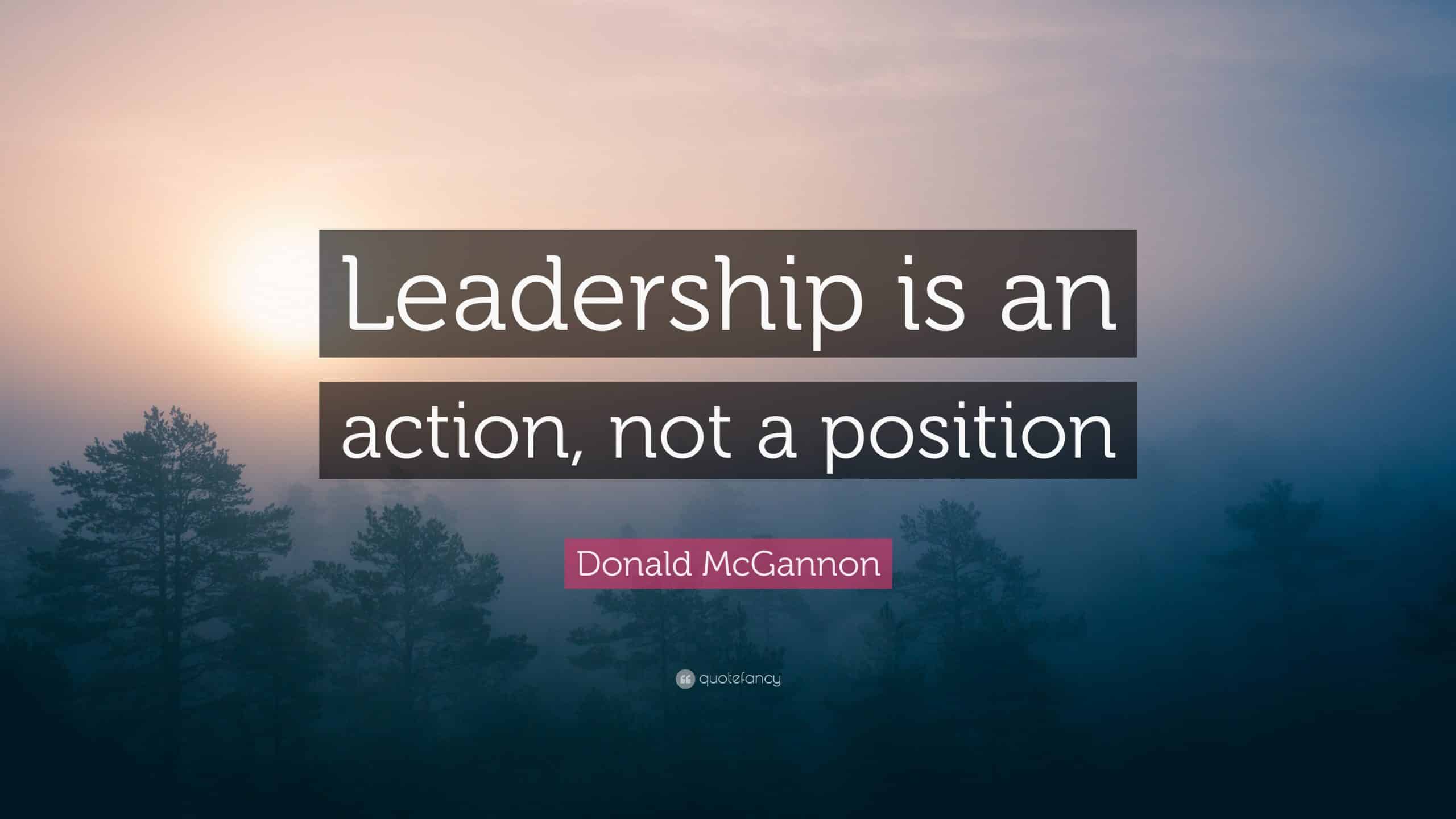Want to be a great leader? Here are 5 areas you need to focus on.
Great businesses have great leadership. Businesses with a lack of good leadership end up with unengaged, unmotivated and unhappy people which causes all sorts of problems such as employee retention, toxic cultures and poor performance and profitability.
Great leaders inspire, motivate and challenge their employees to perform at their very best. Which is why, if you have problems in your business, the first place you should investigate is your leadership team.
What does leadership actually mean?
Leadership is the process of guiding a team to achieve a common goal by understanding and leveraging individual motivations.
It has 4 integral elements…
- –Self
- -Other people
- -The job to be done
- -Purpose
While leadership and management are undoubtedly linked, they are not interchangeable.
In a very simplistic way, management typically refers to organising and directing a group to accomplish a goal. Leadership is the individual’s ability to influence, motivate, and enable people towards success. Leadership is about influence and inspiration, while management can be about power and control. Good managers can also be good leaders, but the skills certainly do not always go hand in hand.
If you want to become a great leader, here are 5 areas you need to focus on.
Your approach to the team.
A great leader realises that it takes a whole team to be successful. A team that works well together will understand the common goal and what it means to reach it.
A great leader also understands that there is a direct link between how engaged and motivated their team is, and how productive and profitable their business can be.
Leaders who are vain enough to think that the future performance of the business can be driven by them and them alone are usually ineffective leaders. These kinds of leaders can appear rude and disrespectful to other employees, it can stop them from recognising the achievements of others on their team, and it can even lead to them taking credit for others’ work or ideas (or worse, blaming others for their failures).
Be aware of your impact.
A leader should always remember their actions have a direct effect on their team. That effect can positively or negatively impact motivation, performance, and engagement every single day. Not just for one or two employees, but for the entire team.
Great leaders understand that they need to work with their team to keep them happy and engaged. Leaders should not dismiss their team’s needs in favour of their own.
Use effective communication.
Good communication can be the key to success in many areas of life. The workplace is no different.
Great leaders understand the importance of effective communication and what it looks like. Messages, whatever their format, are crystal clear and there is always an opportunity or offer of clarification should anyone need it.
Leaders should speak to their teams often, make sure everyone understands what they’re doing, and focusing on training needs.
Great leaders should never bombard their people with too many emails, meetings, or conversations and still fail to effectively communicate their message.
Leaders who fail to realise the importance of good and effective communication can create a business with unmotivated and disengaged employees. It can leave people feeling confused about what they’re supposed to be doing and what their goals are.
Remember your employees are individuals.
Great leaders understand the value of the individual approach. You are unlikely to inspire the whole team with one standard approach. As we all know a motivator for one person is not necessarily going to motivate the next employee.
What great leaders realise is that by taking an individual approach they’ll understand what motivates and inspires each and every person within a team. That could mean that one person is driven by public praise for reaching an achievement, while another may prefer to hit a goal to help gain further skills.
By taking an individual approach, a great leader will also gain a better insight into the training needs of each person, rather than simply spotting a skill gap and not being able to fix it.
A great leader will take the time to genuinely listen to their team at any time. They’ll understand any issues that are being faced and have a good grasp of what is going well at any time, too. In turn, this can develop better trust within the business, improved loyalty, and an overall better business culture.
Routinely offer feedback.
Great leaders understand the value of regular feedback. They hold more frequent 121 meetings with individuals and are not afraid to schedule additional conversations to offer guidance, help, and advice where they see fit.
Feedback helps to build a trusting relationship and allows employees who are truly engaged to grow and develop at a much faster pace.
It can also be an effective way of showing people what their progression could look like in the company, giving them further drive to push themselves.
Performance reviews are usually held annually, and you should not store feedback all year long and unleash on an employee in one swoop.
Even for the best employees this can be overwhelming and hold back their professional development. For an employee who needs to make improvements it can leave a lot of time wasted when any issues could have been tackled and overcome a lot more quickly if feedback was given sooner.
Summary
If you’ve identified an issue with the leadership in your business, we’d love to help you put it right.
Albany HR can support with:
- -Leadership training
- -Coaching
- -HR Audits
- -Employee Surveys
If you need any support or guidance, please get in touch at letstalk@albanyhr.com or call us on 0131 364 4186
